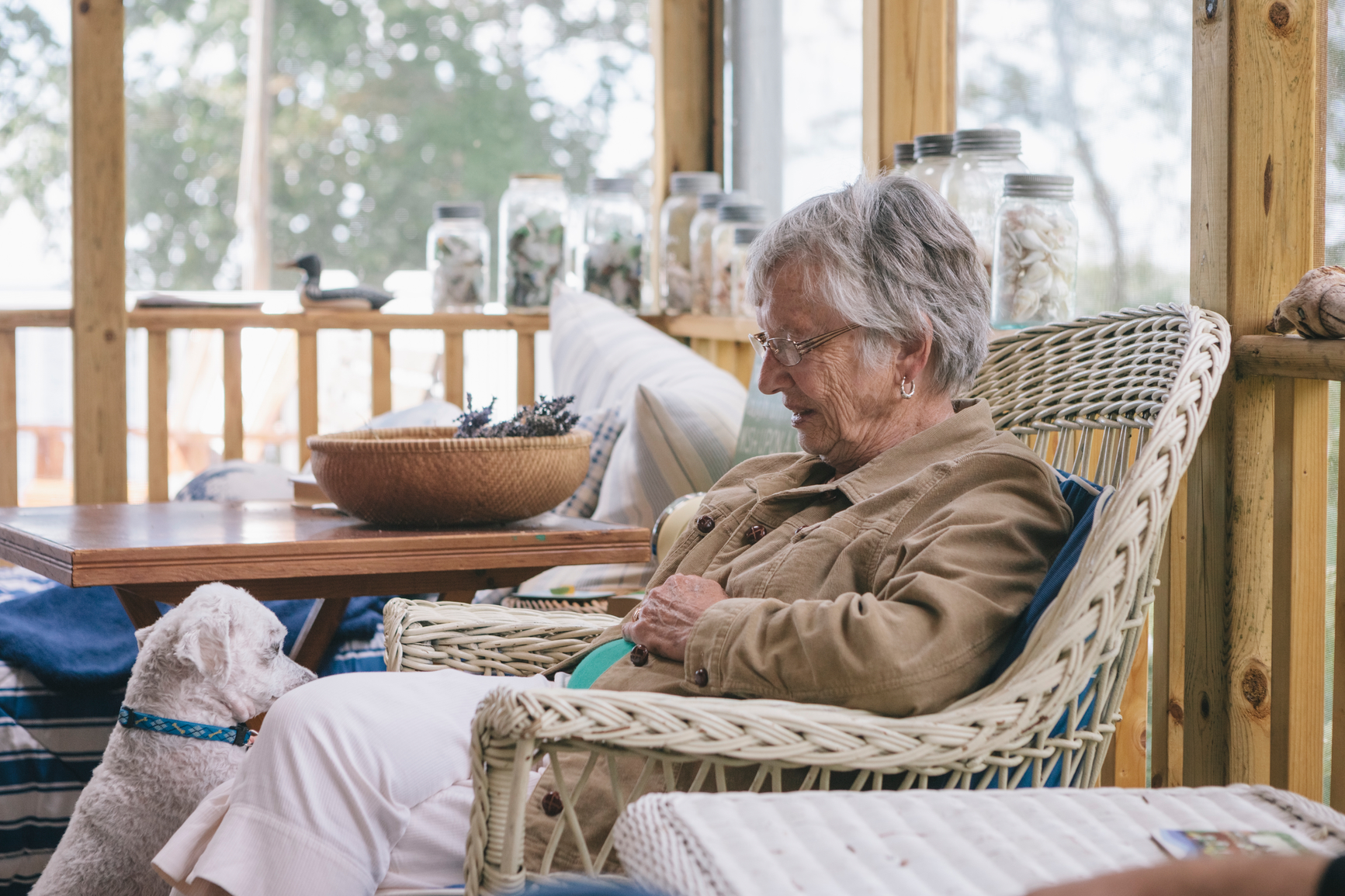
1. The Personal Medical Alarm
A Personal Medical Alarm is useful for those who may require medical attention yet could be in a situation where they're unable to get to a telephone. A Personal Medical Alarm is an alarm, with a button, which sits on a cord around the neck or wrist. If the wearer needs attention, they can simply press the button which will send an alert to a call centre. The call centre will then call the wearer to check that everything is OK. Some Personal Medical Alarms contain a microphone or a three-way communication facility, which enable the call centre and emergency services to stay in touch with the wearer. If your loved one is unable to answer the incoming call the call centre will send out the emergency services.
2. Bed Occupancy Sensor
If you're not able to physically visit your loved one, yet they haven't answered your telephone calls, then a bed sensor may help alert you if anything is amiss. A Bed Occupancy Sensor can tell if your loved one hasn’t left the bed past a certain time, or has gotten up in the night, and not returned for a certain time. If that happens, the call centre is alerted and you'll be contacted.
3. Smoke detector
Not just for the elderly, all homes should have an up-to-date, battery-operated smoke detector. According to the New Zealand Fire Service, 80% of fatal fires occur when the smoke detector doesn't work or isn't present in the home. Most fires also occur at night when the occupants are asleep and so may not smell smoke
4. Sensors
Sensors - which include pressure mat sensors, and exit sensors - are designed to detect when a person is moving about unexpectedly. They can be programmed to an individual’s needs and routines, so if unusual activity is detected, a family member or call centre is contacted.
5. Personal reminders
Rather like a live calendar, personal alarms can set to remind your loved one to take their medication, to check their doors at night, or even to feed their pet. If your loved one has had a brain injury this can help reassure you that their needs are taken care of.
Alarms can be personalised according to your loved one's needs: speak to your GP to find out which alarms suit your relatives or loved ones needs to ensure that you all sleep well at night.

